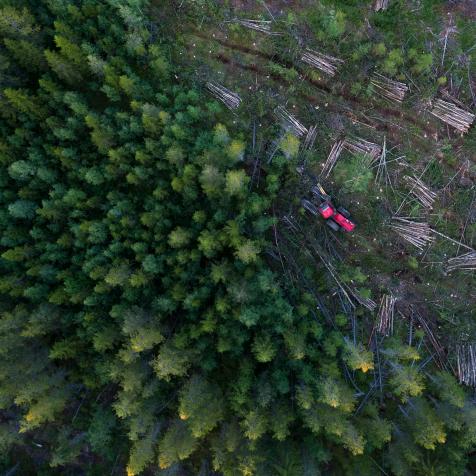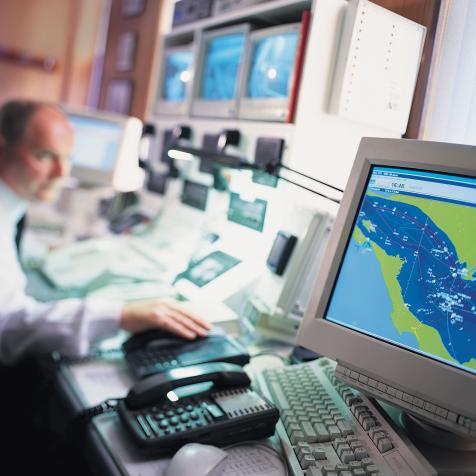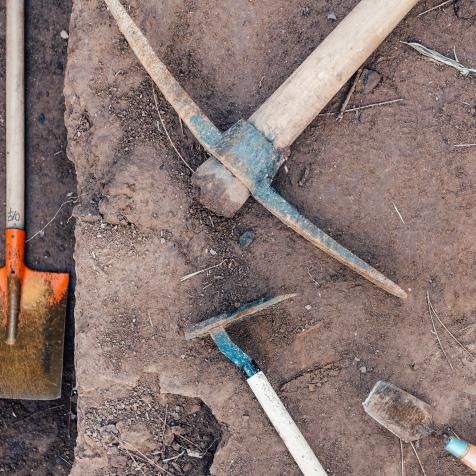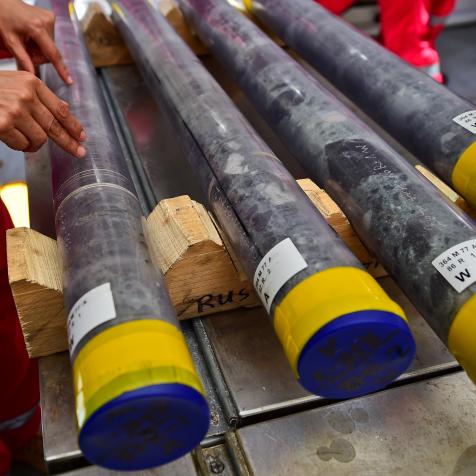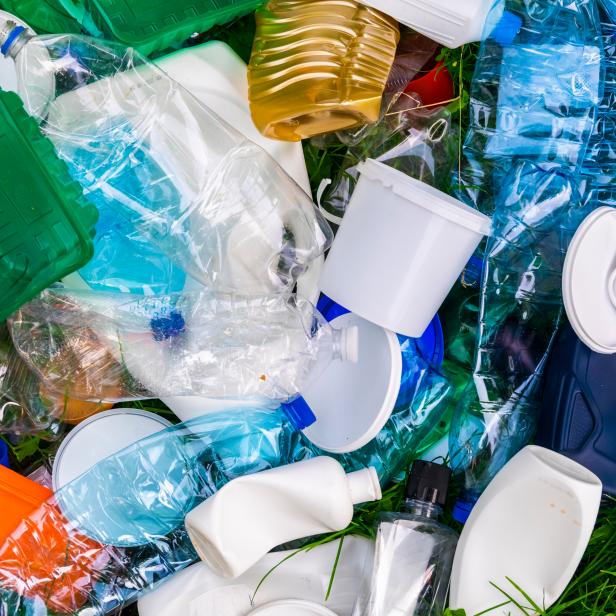
Anton Petrus
Canada Bans Single-Use Plastics to Combat Climate Change
Canada is taking a conscientious step towards reducing plastic pollution. On Monday, the Minister of Environment and Climate Change, Steven Guilbeault, and the Minister of Health, Jean-Yves Duclos, announced their move to prohibit single-use plastics which include: checkout bags, cutlery, food service made from hard-to-recycle plastics, ring carriers, stir sticks, and straws.
Through this plan, Canada would effectively ban the manufacture and importation of these harmful single-use products, stipulating exemptions for specific cases, by December 2022. In order to allow for ample transition time for businesses, the sale of the prohibited products will go into effect in December 2023.
Prime Minister Justin Trudeau tweeted, “Over the next 10 years, this ban will result in the estimated elimination of over 1.3 million tonnes of plastic waste and more than equal to a million garbage bags full of litter.” This ban on single-use plastics will allow Canadians to step forward in reducing pollution and keeping their communities and shores cleaner. In a research study published by Environment and Climate Change Canada, they found that less than one-tenth of plastic packaging is recycled. These misplaced plastics will end up going to landfills, where they will sit for nearly half a century before breaking down.
While places like Chile, Kenya, the United Kingdom, and the European Union have enacted different versions of single-use plastic bans to help reduce plastic waste, Canada represents one of the most strict and comprehensive. Sarah King, Head of Greenpeace Canada’s Oceans & Plastics campaign, stated, “The release of regulations is a critical step forward, but we still aren’t even at the starting line.” King urges the Canadian government to rapidly begin the expansion of their banned list and reduce their overall plastic production. This first step by Canada sets an important precedent for other nations to begin to follow.












